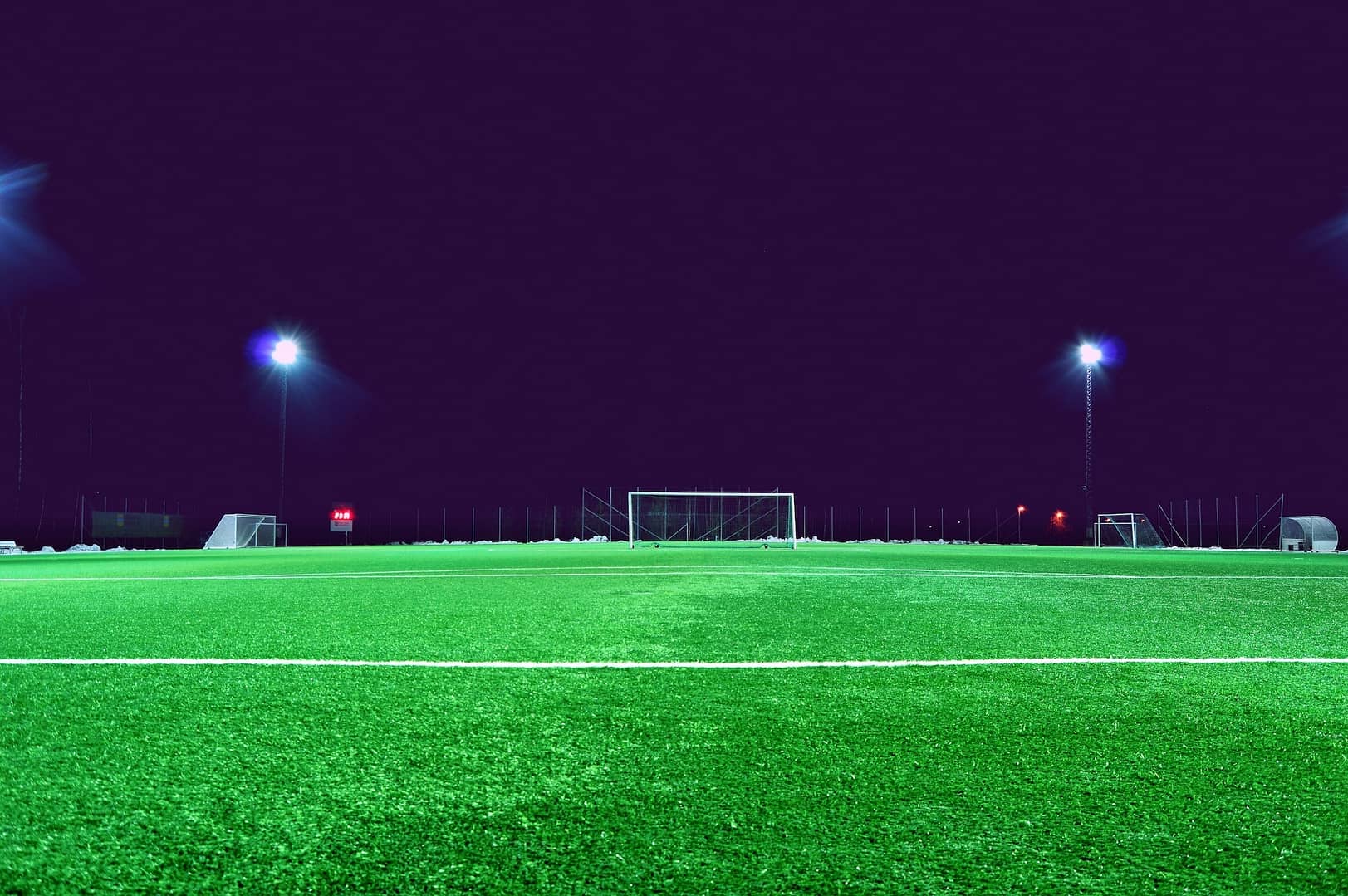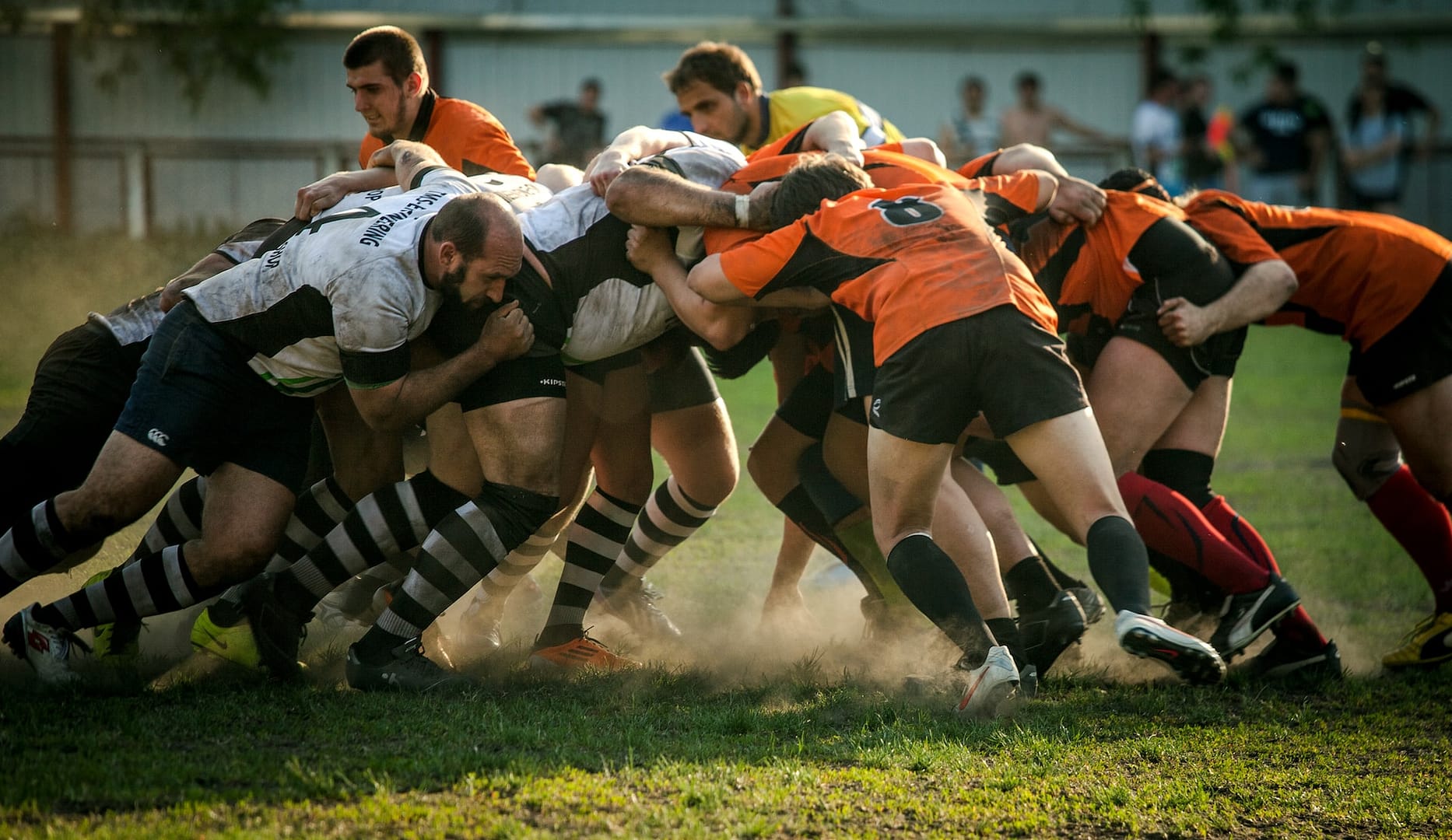Contact sports are thrilling and exhilarating, offering a sense of competition and camaraderie that few other activities can match. However, beneath the surface of the adrenaline-fueled excitement lies a darker reality—one that involves the potential for spinal cord injuries. Let’s delve into the world of contact sports, exploring the risks, the consequences, and what you need to know to stay safe.
The Lure of Contact Sports
Contact sports have an undeniable allure. The roar of the crowd, the intense physical exertion, and the sheer joy of competition draw millions of enthusiasts worldwide. From football to rugby, hockey to wrestling, these sports have become an integral part of our culture. But as we revel in the victories and mourn the defeats, it’s crucial to acknowledge the inherent risks, particularly the spectre of spinal cord injuries.
What Sports Cause the Most Spinal Cord Injuries?
Not all contact sports pose the same level of risk when it comes to spinal cord injuries. Football, with its high-impact tackles, tops the list of sports notorious for these injuries. Rugby, wrestling, and hockey closely follow, sharing the spotlight of danger. The common thread among these sports is the physicality and the potential for forceful collisions, putting athletes at an elevated risk of spinal cord trauma.
The Domino Effect
The aftermath of a spinal cord injury can be life-altering, affecting not only the injured athlete but also their families and communities. The repercussions cascade far beyond the playing field, and the road to recovery can be long and arduous. Rehabilitation, medical expenses, and emotional strain become part of the journey, underscoring the need for increased awareness and preventive measures.
What Should You Avoid with a Spinal Cord Injury?
Understanding what to avoid when dealing with a spinal cord injury is as crucial as recognizing the risks. Whether you’re an athlete, a coach, or a concerned spectator, here are some key points to consider:
Avoid Ignoring Symptoms: Spinal cord injuries may not always manifest with immediate, severe pain. Recognizing symptoms such as numbness, tingling, or loss of coordination is vital. Ignoring these signs could exacerbate the injury.
Avoid Improper Handling: If you suspect someone has a spinal cord injury, it’s crucial to avoid moving them without proper training. Improper handling can worsen the damage and lead to additional complications.
Avoid Rushing Recovery: Patience is key in the recovery process. Rushing back into sports or intense physical activity can jeopardise the healing process and increase the risk of re-injury.
Avoid Neglecting Mental Health: Coping with a spinal cord injury extends beyond the physical realm. Mental health plays a significant role in recovery. It’s essential to address the emotional and psychological aspects of the injury to ensure a holistic recovery.
The Call for Change
As we navigate the complexities of contact sports and spinal cord injuries, there’s an undeniable call for change. From improved safety measures within sports organisations to increased awareness campaigns, the focus should shift towards prevention and education. It’s about creating an environment where athletes can pursue their passion without sacrificing their long-term well-being.
From the UK Perspective
In the United Kingdom, where sports are deeply ingrained in the cultural fabric, the conversation around spinal cord injuries is gaining momentum. Organisations are actively working to implement stricter safety protocols and provide better resources for those affected. The goal is not to stifle the spirit of competition but to ensure that athletes can engage in sports without jeopardising their future health.

Making a Serious Injury Claim with National Claims
At National Claims, we understand the profound impact that spinal cord injuries can have on individuals and their families. If you find yourself facing the daunting challenges of such an injury, our dedicated team is here to guide you through the process of making a serious injury claim. We specialise in providing support and assistance tailored to the unique circumstances of spinal cord injury cases. From initial consultation to navigating legal complexities, National Claims is committed to securing the compensation you deserve.
Conclusion
Contact sports and spinal cord injuries remain a challenging intersection of passion and peril. While the thrill of the game is undeniable, it’s crucial to approach these activities with a heightened awareness of the potential risks involved. Through education, preventive measures, and a collective commitment to athlete well-being, we can strive to mitigate the problem and make contact sports a safer arena for everyone involved. If you or a loved one has experienced a spinal cord injury, remember that National Claims is here to support you on your journey to recovery.
Contact us today to get a start on your claim and speak to one of our claims specialists.
Click below to see why we are one of the most trusted claims management companies in the UK.

We’re proud of our excellent customer reviews
We thrive on delivering exceptional service and ensuring our clients’ satisfaction. Don’t just take our word for it. Check out some of our independent reviews to see what our clients have to say.
Excellent

This firm is excellent, they sorted out my car pay out and injury claim very fast, they always communicate with you all the time.

My accident case was dealt with confidence and with great result of the outcome, especially James kept me informed all the time.

I was very impressed at the way my inquiry was treated. I was listened to attentively and everything I needed to know was explained to me.






